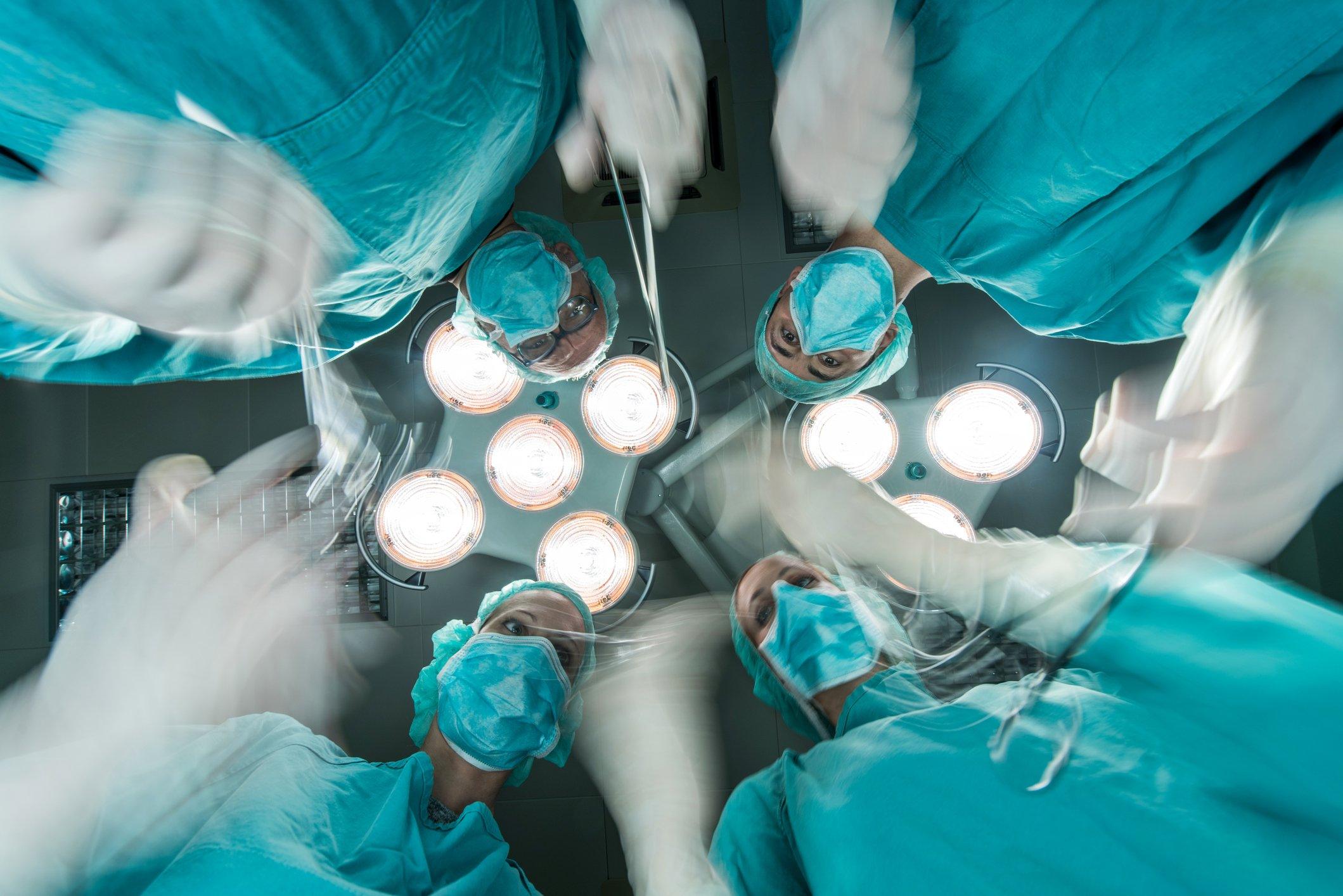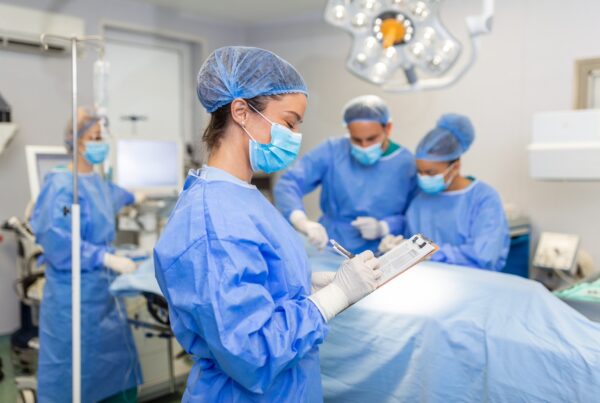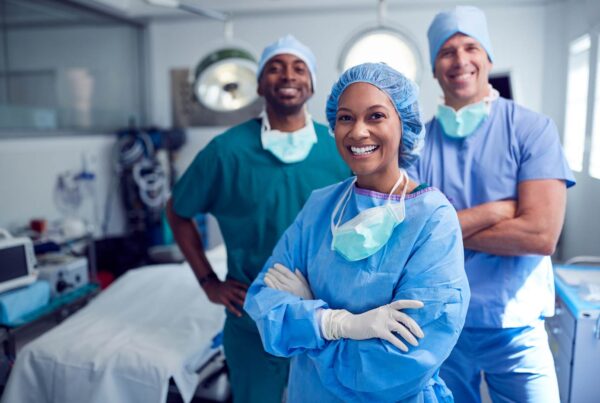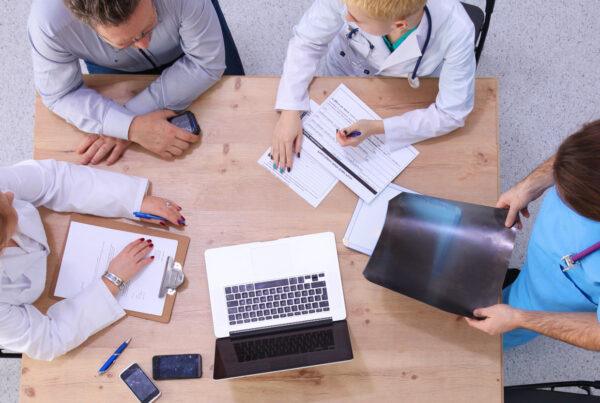During this difficult time of COVID-19 one of the leading questions is “What can be done to ensure we have safe, clean and COVID-19 free instruments and equipment from our Sterile Processing departments”? Current guidelines set by the Association for the Advancement of Medical Instrumentation (AAMI) outline sterilization practices that address all pathogens.
According to AAMI, there are no new sterilization practices to eliminate the Covid-19 virus from our instruments. Practices are developed which outline cleaning of our department, instruments and tray sterilization, and infection prevention. It is essential that we adhere to the standards of best practice, as they do not change each time a new virus or bacteria is introduced. Sterile Processing departments should be cleaned in the same manner the operating rooms are at the end of each day. If this is being completed, it will reduce the number of microorganisms that could potentially be transferred to the patient and healthcare worker.
As an OR manager or director what are you looking for from your Sterile Processing Department (SPD) staff? Are there new practices or additional steps to take? Are we using or wearing more personal protective equipment (PPE) than we used before? Do we understand that SPD must adhere to the same level of cleaning and disinfection as the OR to kill all bacteria and viruses?
PPE: Managers and directors need to make sure that their SPD staff utilize PPE as defined by the site’s infection control guidelines, and that they have the essential PPE. Case carts in COVID-19 +/suspected rooms need to be wiped down and moved out prior to extubating.
Sterile Processing departments have always had a requirement of donning PPE prior to cleaning surgical instruments. Now more than ever, it is vital that SPD staff are utilizing PPE that is appropriate for the task at hand as well as appropriately removing their PPE to avoid self-contamination. We recommend that you observe and audit your staff for proper use and technique.
Reuse: Due to the shortage of N95 masks, some facilities may be following CDC recommended practice for reuse of N95’s. There are new protocols for cleaning/sterilizing these masks for reuse. Methods such as Vaporized Hydrogen Peroxide, dry heat and UV light are being used for sterilization. Normally facilities would not reuse these masks, but due to shortage this has become an accepted practice. It is recommended that you follow the CDC’s guidelines for safe reuse of N95’s and their cleaning and sterilization.
Scopes: Facilities are also asked to help with disposable glidescope blades as these are in shortage also. The following are guidelines to reprocess the scopes http://www.trinity-health.org/workfiles/covid-19/glidescope-reprocessing.pdf. Approved practices by the CDC or manufacturer must be referenced and complied for these new challenges.
Daily Huddle: Sterile Processing techs are trained to treat every item as contaminated, therefore instruments can be handled as usual. Now that elective cases are being allowed to be performed in phases it important that communication between the OR and SPD be deliberate and planned. A daily huddle to discuss upcoming cases for the next 3-5 days is recommended to plan for proper turnaround time and when instruments will be needed.
Loaner Sets: Vendors also will have an added responsibility to make sure the loaner sets are brought to the facility with enough lead time to properly clean, decontaminate and sterilize the instruments. We use the 48-hour rule of instruments being in the hospital for preparation. This is also a good use of the daily huddle to identify these needs at least 3 days out.
Just a few thoughts as we get back to the new normal. Feel free to share your concerns and experiences.
We have spent 25 years in over 400 hospitals, ASCs and healthcare systems improving efficiency, productivity, and quality. We are clinical professionals with decades of experience in central sterile processing. We improve the collaboration of sterile processing with surgical and procedural teams by engaging in peer-to-peer discussion within sterile processing, assess and refine sterile processing procedures, help to improve patient and surgeon safety, and much more. We understand your issues and are ready to assist with solutions.



